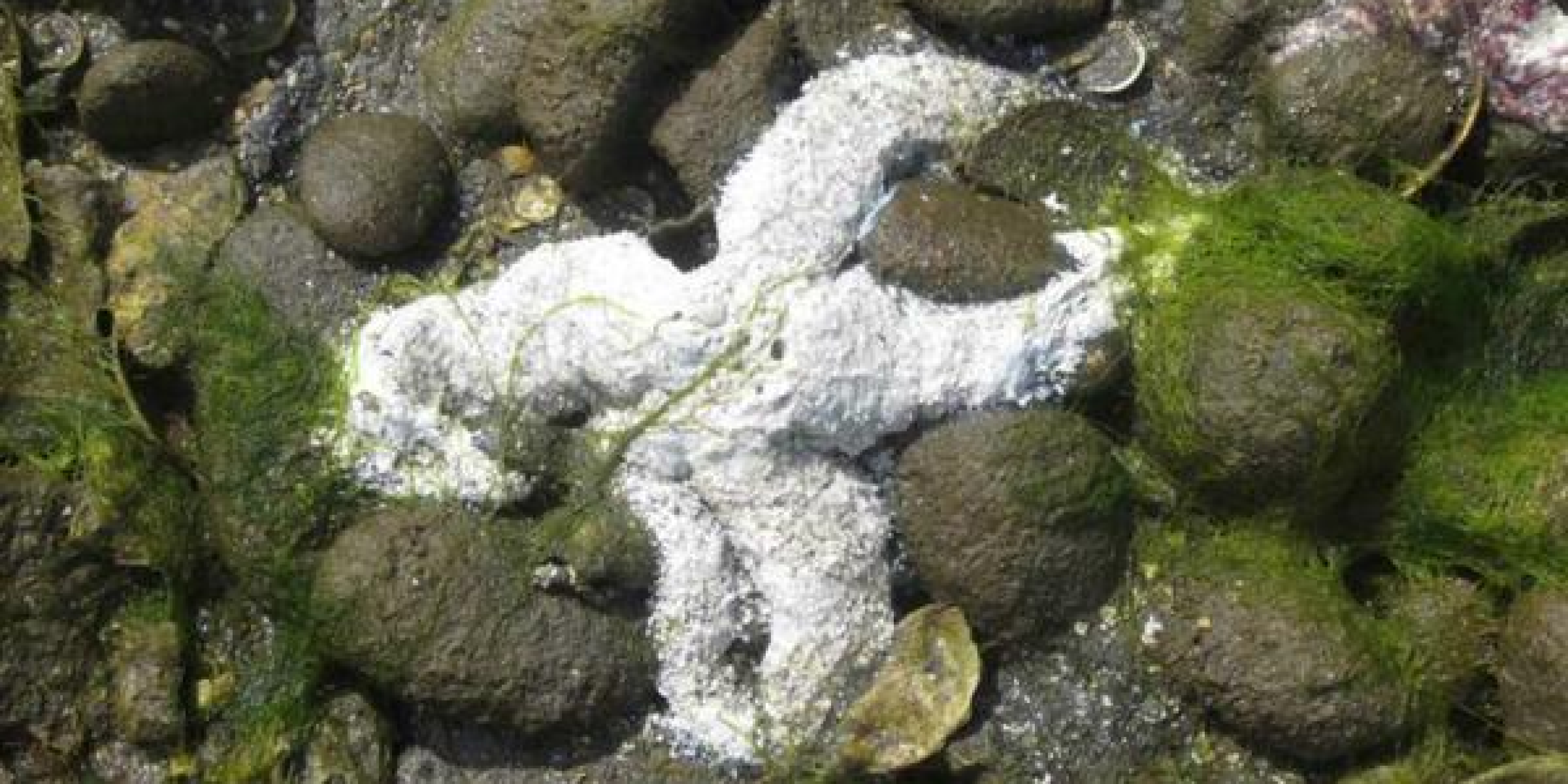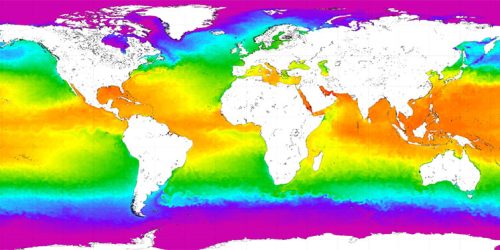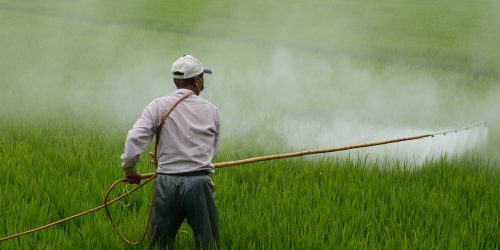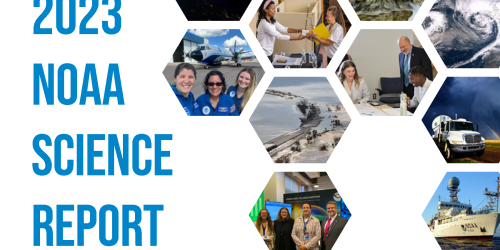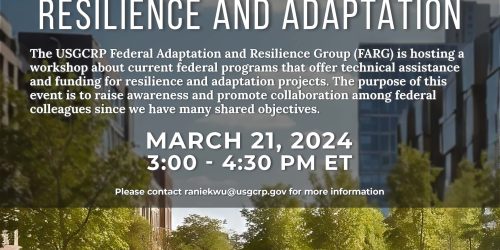Much of what is known about how climate change threatens ecosystems has focused on gradual warming, but episodic extreme warming events like heat waves are also increasing in frequency and severity. New research published today, led by current NOAA Climate and Global Change Postdoc fellow Danielle Claar, develops a framework for evaluating and predicting impacts of extreme warming events on wildlife disease-causing parasites. Episodic warming events, called “pulse” warming, can influence ecosystems differently than gradual warming. Organisms may be able to adapt to gradual warming if emissions are curbed and warming is slow enough, but may not be able to survive an acute pulse warming event. For example, during a 2013-2015 pulse warming event, a devastating sea star die-off occurred in the northeast Pacific, associated with a disease-causing parasite. However, Claar’s study shows that simple predictions of pulse warming impacts on wildlife disease are not possible, so researchers must weigh the effects of warming on the hosts, parasites, and corresponding communities. The new framework could help managers better assess, anticipate, and mitigate potential impacts of pulse warming events on wildlife health.
Learn more about Danielle Claar »


